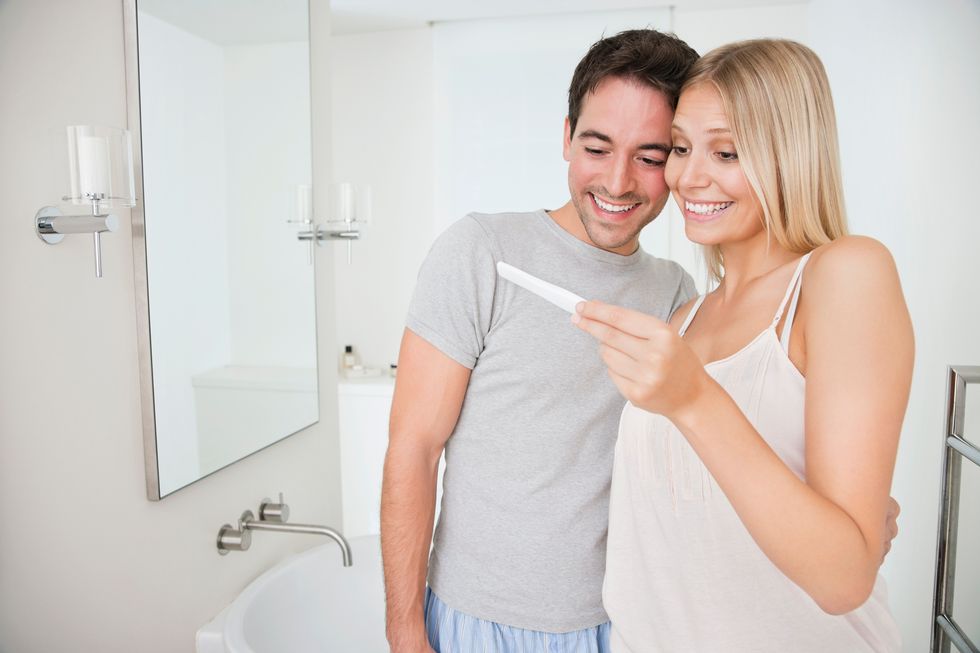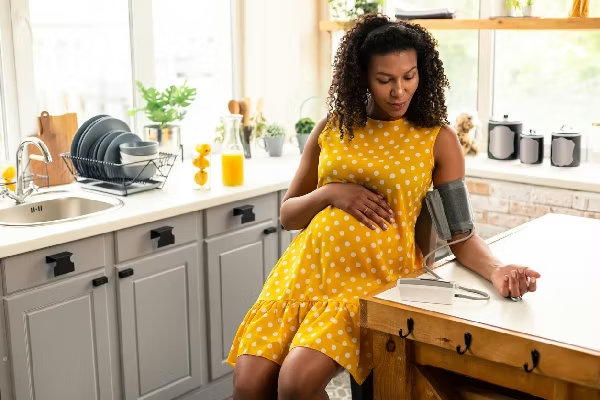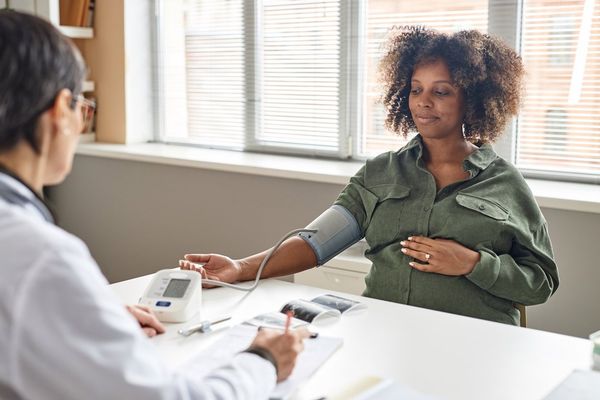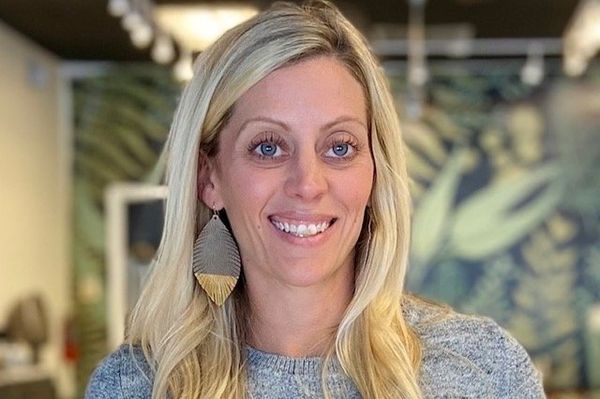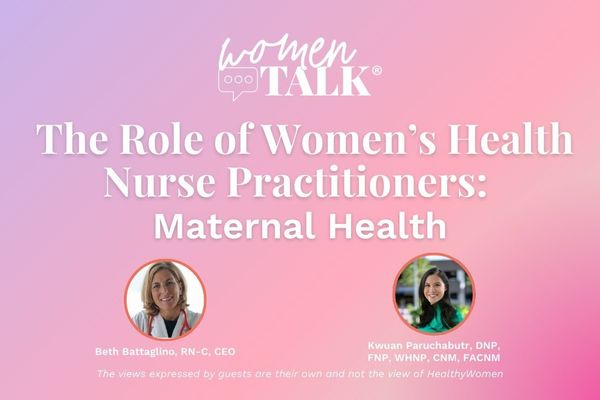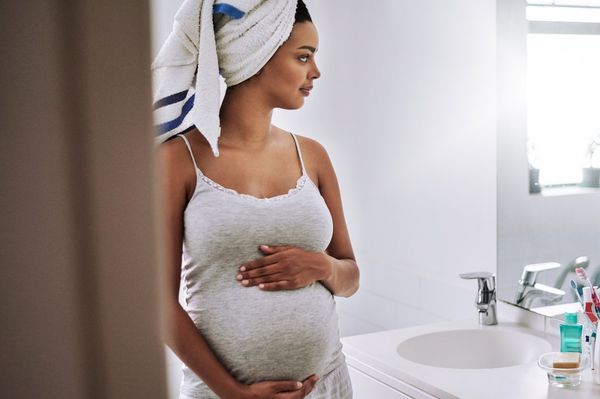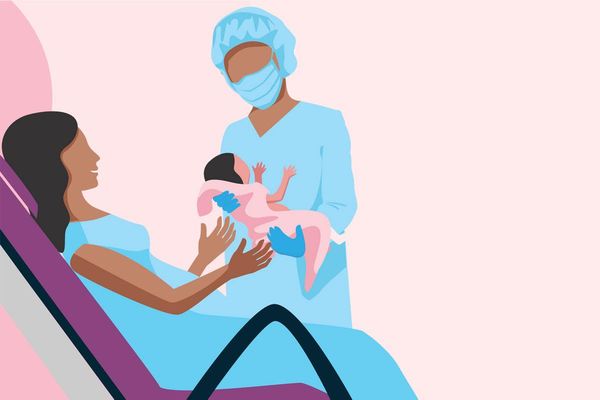You know you want to start a family, but you're not sure when's the right time. Some people start trying to conceive right after they're married. Others wait a while. And some proceed whenever they feel it's the best time to get pregnant, regardless of marital status.
Of course, if you want children, there's no right or wrong time to get pregnant. You can be a great parent if you're young and have little money or life experience. Or a terrible parent, even if you're more mature and have all the money in the world. You may rock the parenting world at any age or stage. With a lot of effort and a little luck, things will fall into place regardless of your age, career and other factors.
Age
Trying to get pregnant in your 20s? Time and biology are on your side. At this stage, your body is ready for pregnancy. Experts say that the average woman's fertility peaks during her early 20s, and you have the highest number of quality eggs at this stage. So, from a biological perspective, it's the best decade for conceiving and carrying a baby.
A younger woman's eggs are less likely than an older woman's to have genetic abnormalities that cause health conditions like Down syndrome. The risk of miscarriage is also lower. The Cleveland Clinic says studies show that the risk of miscarriage is 12 percent to 15 percent for women in their 20s compared to about 25 percent for women at age 40.
It's also physically easier for women in their 20s to carry a child since there's a lower risk of high blood pressure, gestational diabetes and other health complications. And younger women are less likely to have low birthweight or premature babies.
Time in your life
Children are expensive. That's why it's not unreasonable for you to want to wait to get pregnant until you feel confident that your career and finances are stable enough to start a family. When you're in your 20s, you may still be establishing yourself or figuring out a career path. You may have debts like college loans to pay off. And if you take time off to have a baby when you're young, it may be hard to get back on track.
When you have a child later in life, you can potentially earn more and have more career opportunities at your feet. Also, younger couples may not be ready for the sacrifices and patience required to parent kids, who can be emotionally and physically taxing. When you have kids at an older age, you're likely more willing to accept the changes that come with having a child. You also may bring more wisdom and perspective to the table.
Time in your marriage
Newlyweds? Having a child can take its toll on your marriage, especially if you're young. You lack the life experience to know that the tough, early days with a baby are temporary. Mom may feel overwhelmed and dad may feel abandoned because his wife is now spending all her time with a baby.
It's OK if you want to tackle some tasks and experiences before you try to get pregnant. Maybe that means traveling as much as possible, owning a two-door convertible sports car, eating at five-star restaurants, sleeping in on the weekends or seeing movies on opening night. Doing such things before you have kids may leave you with fewer regrets after you start a family.
Your basal body temperature
Over a few months you can chart your BBT, or basal body temperature, to find out when you're ovulating, the process where your body releases one or more eggs from your ovaries. Your BBT is your temperature when you're fully at rest. Your regular temperature is 96 to 99 degrees Fahrenheit. But your BBT changes throughout your cycle by as much as a half-degree higher.
When you get out of bed, use a special BBT thermometer (which measures your temperature in tenths of degrees) to take your temperature. Chart it and look for a pattern. You've likely ovulated when you have a slightly higher BBT for three or more days. You have little time, however, to try to conceive once your BBT has risen. So, once you figure out your pattern, plan sex a few days before your BBT rises.
Your ovulation symptoms
Not everyone has a regular, 28-day cycle. The average cycle ranges from 28 to 32 days, though it can be shorter or longer for some women. It can be 11 to 21 days after the first day of your last period. Or 12 to 16 days from when you think your next period will start.
Some symptoms of ovulation include:
- increased libido
- breast tenderness and sensitivity
- increased sense of smell, sight or taste
- belly bloating
- cervical mucus change
- light spotting
Read more about signs you're ovulating.
An ovulation calculator
A fertility or ovulation calendar or calculator can help you learn the best time to try to get pregnant. It helps you figure out the days of the month that you're most fertile and the length of your cycle. Here, you record the first day of your menstrual cycle for several months using a journal or an app. Then you can notice patterns to give you an idea of the optimal time to have sex. Read more about how to use a fertility calculator.
An ovulation kit
An ovulation kit is an over-the-counter test that helps you track your ovulation. It measures your levels of LH, or luteinizing hormone, which is produced by your pituitary gland in your urine. You always make LH. But you make more 24 to 48 hours before you'll ovulate. And that LH surge triggers ovulation. Do the test the same time each day for a few days to get optimal results. Of course, the test can't literally go in and see if you've ovulated. So, it isn't 100-percent accurate. And some health conditions can cause a false positive and some medications can lower your LH levels.
Your cervical mucus
Your cervical mucus's quantity and quality changes throughout your cycle. You have the most right when you're about to ovulate and the least right after your period. That's because estrogen stimulates cervical mucus production. And your estrogen levels rise as you're about to ovulate. Your cervix gets the signal to create more "fertile" cervical mucus, which means it looks and feels clear and stretchy (like egg whites). The more fertile-quality cervical mucus you have, the better your chances are of conceiving.
Ovulation has passed once the cervical mucus becomes less noticeable and starts to thicken. Track your cervical secretions daily for a few cycles to see a pattern.
Note that according to the Mayo Clinic, most healthy couples trying to conceive who are having unprotected sex often get pregnant in a year.
Need some help? Don't be ashamed. Contact your health care provider. The sooner you see a doctor, the more likely you are to get pregnant. Learn more about how to choose a fertility clinic or specialist. Once you find a specialist, here are some questions to ask.

